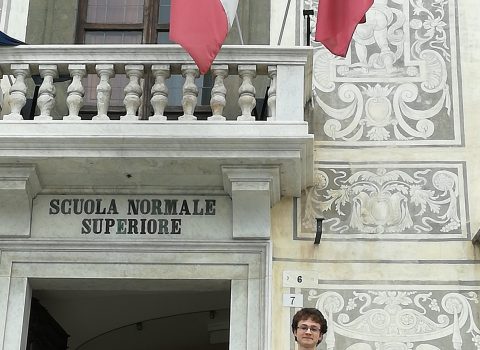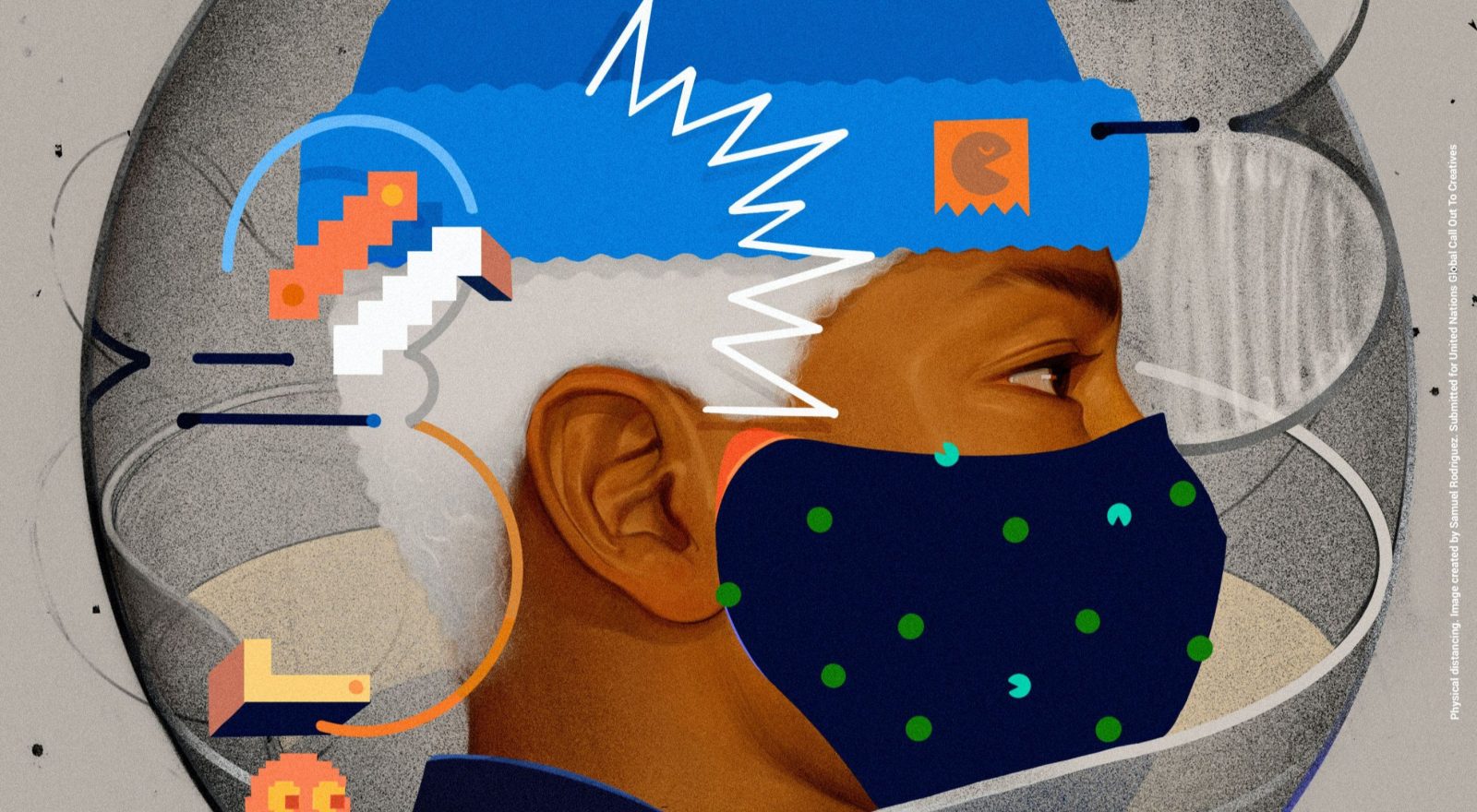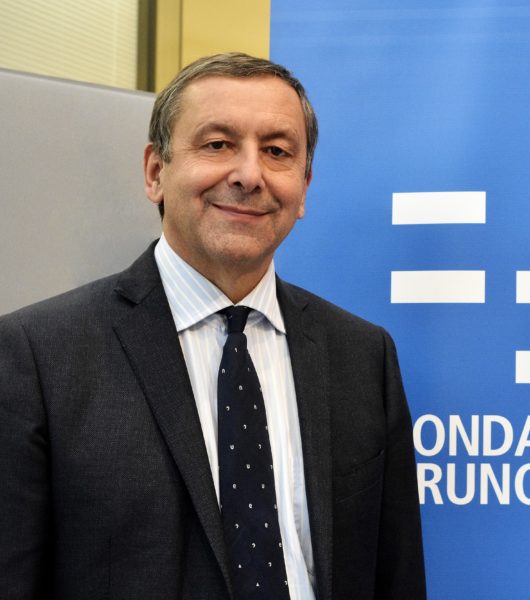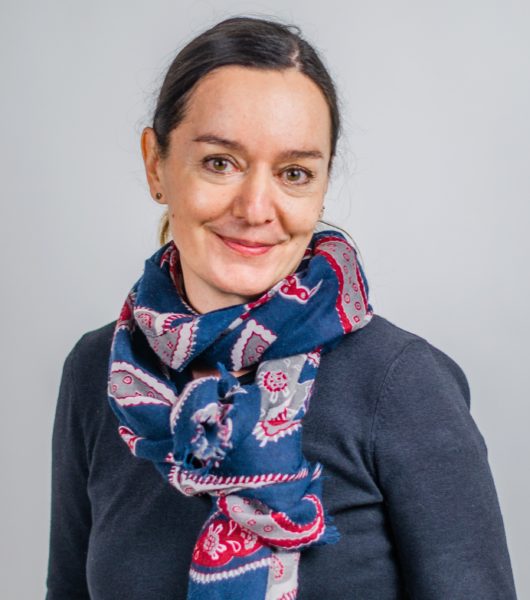
Cambiamenti: tra passato, presente e futuro | changes: between past, present and future
The reflections of Francesco Profumo, Claudia Dolci and Fernanda Alfieri on the transition period we are going through
Never as in this moment the word “changes” has been so highly topical. To decline in the plural, because it involves almost all sectors of society, from the world of work to school, even to research. This was at the center of the discussion at “Changes: between past, present and future”, a webinar organized by Fondazione Bruno Kessler in these past few days, which hosted Flavio Bacci,a trainer with InformaAzione.
The meeting was also enriched by the talks by some FBK researchers and by president Francesco Profumo. The latter underlined the irreversible character of the change taking place. «From these times we learned that the world has changed rapidly and that we are not going back. Some things will stay and we will have to get used to living our lives in different ways». To do this, however, a total turnaround will be needed: «The current governance models are very linear and therefore not very suitable for this new situation. We will therefore need to reorganize our working model according to new schemes, no longer linear, but hybrid and complex “. Profumo then gives an example that is always very dear to him, namely the world of school: «Up to now we have thought of school as a“ civic center ”: in the morning it hosted educational activities, in the afternoon other social activities. Now we have quickly adapted to the idea that we can also do school at home, and this idea of a civic center is now also linked to student homes, through connectivity. Connectivity itself therefore becomes an important tool, an investment that opens up other opportunities of work (just think of smart-working) as well as study”.
Speaking of school, during the webinar Claudia Dolci, head of the “Research and innovation for school” (RIS) unit at FBK, who for several years has been experimenting new models ro approach research and the job market. «These weeks of school closure have shown us that space and time can and must be construed differently, and that the protagonists of this ecosystem travel at very different speeds. Kids are fast, they adapt, accept and seize change, while the school suffers from greater inertia», Dolci said. “We too had to experiment with a new working model, in particular through the #menoviruspiuconoscenza program for schools, where we offer high schools opportunities for reflection and study on science and humanities topical issues”. According to Dolci, a very important aspect is learning how to create a system between the various institutions, putting together lessons learned and experience gained. «The question we must ask ourselves now is: what do the kids need, what is missing from today’s school? It is important to intercept the needs of the education system and understand how an institution like FBK can contribute to this change”.
A historical perspective was instead offered by Fernanda Alfieri, historian and researcher with the ISIG research center at FBK. «Change is substantial to history. There is no piece of the history puzzle, even the shortestl span of time, in which something does not change. And history has taught us that change cannot decline in the singular, because it is never the same for everyone. To use the plural, thus “changes”, is a must. Three months ago everything stopped: something arrived suddenly disrupting a fast paced time, typical of the second half of the twentieth century, with which we had become familiar. The lesson to be learned is that history can never be taken as certain: not only past history, which we do not know if we have ever fully understood, but also that which millions of women and men are living today. The situation like the one we are going through calls for critical and human vigilance».


